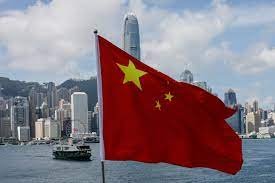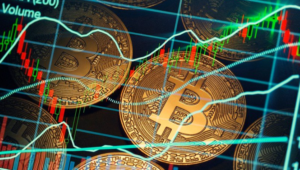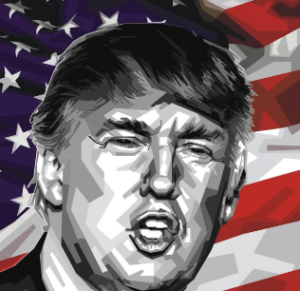$BABA $FXI $BTC
#ChinaEconomy #XiJinping #EconomicGrowth #DomesticConsumption #ChinaStimulus #DeflationRisk #GlobalMarkets #ChinaStocks #CryptoMarkets #EconomicPolicy #AsiaMarkets #MacroEconomics
China’s leaders, including President Xi Jinping and senior Communist Party officials, have signaled a forceful push to stimulate domestic consumption as their economy struggles with sluggish growth and the looming risk of deflation. Top policymakers have pledged “vigorous” policy measures to inject momentum into an economy that has seen weaker-than-expected post-pandemic recovery, with household and corporate demand faltering. This decision marks a pivot in economic strategy, centered around increased borrowing and targeted support for consumption, signaling an acknowledgment of the acute economic challenges facing the world’s second-largest economy.
The strategy highlights China’s growing urgency to stabilize an economy grappling with low consumer spending, particularly as inflation hovers near zero and deflation fears intensify. In recent months, standard tools like monetary easing through interest rate cuts and liquidity injections have had limited effects as sentiment among businesses and households remains cautious. This lack of spending and investment points to deeper structural challenges, such as high youth unemployment and a sluggish property sector. A more aggressive fiscal policy, potentially including subsidies, tax cuts, and direct cash transfers, could be on the table to boost spending. This approach could have notable ramifications for Chinese equities like $BABA and the broader market index $FXI, as investors closely monitor government intervention in various economic sectors.
Global markets are likely to react to these developments with a mix of anticipation and caution. China’s economic health plays a massive role in shaping global trade, commodity prices, and investment flows. Any signals of renewed stimulus measures could bolster commodities such as industrial metals, which are heavily reliant on Chinese demand. Likewise, there may be ripple effects in the crypto market, often viewed as a hedge against traditional economic risks, with $BTC showing potential momentum if China’s actions alleviate broader deflationary concerns. However, the prospect of increased borrowing raises questions about China’s rising debt levels, which have been a concern for both domestic and international investors.
As Beijing communicates its desire to focus on domestic consumption to spur growth, it shifts attention away from its traditional reliance on exports and real estate. This strategic pivot underscores deeper weaknesses in the economic model that propelled its growth for decades. Analysts will be watching to see whether the pledged measures effectively reinvigorate sentiment among households and businesses or if skepticism over policy execution dampens investor confidence. If successful, this pivot could mark the start of a long-term transformation of the Chinese economy, realigning growth toward sustainability and a stronger consumer base. Whether this new trajectory provides lasting solutions or merely temporary relief will determine the broader market impact in the months to come.










Comments are closed.